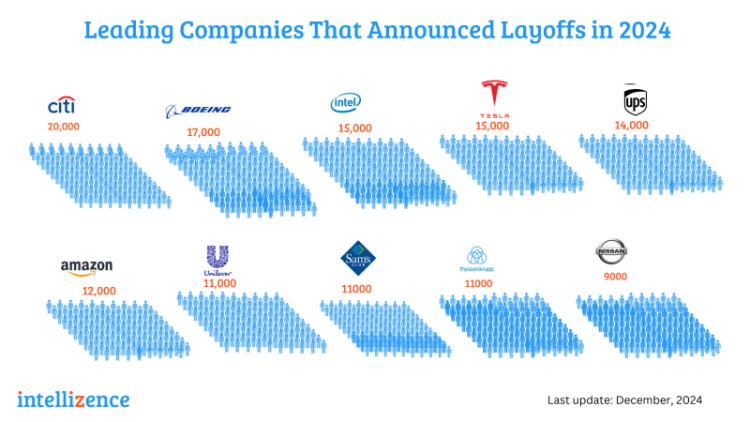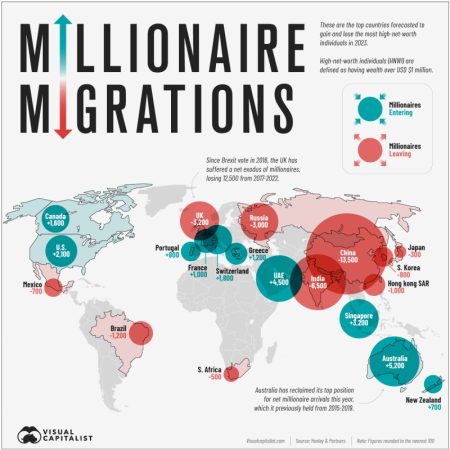
Car Insurance Deduction Under Income Tax India – The benefits and deductions provided under the Income Tax Act help to reduce the tax liability of individuals every financial year.
Most individuals say that the current tax system is difficult to understand. Individual tax rates are based on a person’s income and place of residence. The Government of India has over the years provided more than 70 exemptions and deductions to taxpayers in India through amendments to the Finance Act, enabling them to meet their individual tax liability.
Car Insurance Deduction Under Income Tax India

– The then finance minister Arun Jaitley introduced standard cuts through the budget for the assessment year 2019-2020. This deduction replaced transport allowance of ₹19,200 and medical allowance of ₹15,000 per annum. It will be deducted from the premium and the existing standard deduction amount has been increased from ₹ 40,000/- to ₹ 50,000/-.
Section 80ddb Of Income Tax Act: How To Get A Certificate For Claiming Deduction Under Section 80ddb
House Rent Allowance House Rent Allowance is an exemption under Section 10(13A) of the Income-tax Act, 1961. HRA is available for salaried individuals living in rented accommodation. The maximum value of CRT is the minimum of the following: a) the amount of CRT indicated by the company in the salary structure b) 10% of the basic salary is deducted from the actual rent payment c) 50% of the basic salary; if metro city d. ) 40% of basic salary if no city
– Holiday travel tax Travel allowance is an allowance that an employee receives from their employer for traveling on holiday. This position is available for permanent travel in India. This benefit is available whether the employee is traveling alone or with his family. Family includes the employee’s spouse, children, and all dependent parents, brothers, and sisters. In addition, no payment is made to more than two children of an employee born after October 1, 1998.
– Mobile phone and internet expenses The expenses paid by the wage earner for mobile phone and internet while working are completely exempt from tax.
– Meal Coupons or Vouchers Pursuant to the provisions of the Income Tax Act, the value of employer-provided free meals and alcoholic beverages or meal vouchers is exempt from income tax up to $50 per meal.
What Are The Deductibles In Health Insurance In India?
– Car rental company The car provided by the employer to its employee is exempt from tax. The car rental EMI paid by the employer is deducted from the employee’s salary as it reduces the taxable income. – taxes.
– The only allowance is an allowance for the purchase and maintenance of clothing worn during service.
– Vacation allowances The vacations taken by employees of central and state agencies during retirement are fully exempted from tax. However, if other employees are limited to the following minimum: (a) cash equivalent for unused vacation (not more than 30 days per year for regular employment) (b) 10 months’ average wages (c) earned to leave funds. This is also subject to a limit of Rs 3, 00, 000 for pensioners after 02.04.1998.

– Public Provident Fund also known as PPF is a long term tax saving vehicle. Interest and earnings on PPF are not taxable. PPF is deductible under Section 80C of the Income Tax Act, 1961 and the maximum deposit limit under this section is ₹ 1,50,000/-.
Income Tax Deduction Under Section 80c To 80u [fy 2022-23]
Equity Linked Savings Scheme Equity Linked Savings Scheme viz. ELSS is a tax saving tool. It is suitable for both long-term and short-term investments as the lock-in period is only 3 years. It is also covered under section 80C. Therefore, the maximum deposit limit under this section is ₹ 1, 50,000/-.
– Employee Benefit Fund Within the framework of the Employee Benefit Fund, the employer and employee pay a 12 percent contribution from each employee’s social security fund and basic salary. Amount withdrawn after five years of continuous employment or withdrawal amount less than ₹ 50,000 is exempt from TDS.
– Life Insurance Sum As per Section 80C of the Income Tax Act, the sum paid on life insurance policies up to a maximum limit of ₹ 1,50,000 is eligible for tax deduction and if the sum Discounts apply if paid in a financial year. 20% of the policy sum assured. This applies to life insurance policies issued up to 31 years
From April 2012, the applicable tax deduction on the amount paid in the financial year is 10% of the guaranteed amount.
Gst Impact On Car Prices And Other Automobiles In India
Home Loan Principal and Interest The Income Tax Act, 1961 provides for deduction of home loan principal and interest. However, to avail such deduction, a home loan should be taken for purchase/construction of a house and the house should be constructed within 5 years from the end of the financial year in which the loan was taken. The interest portion of the EMI paid for the year can be claimed as a deduction against your income under Section 24 of the Act up to a maximum of ₹2 lakh. in residence itself it is ₹ 2 Lakh. On the other hand, in case of immovable property, there is no ceiling on interest claim. However, the total loss that can be claimed on household items is limited to ₹ 2 lakh only. This deduction is made from the year of completion of the construction of the house.
– Education fees of single children, parent can claim deduction from amount paid as tuition fee to school/college/university or other educational institution. Such deduction is available under Section 80C of the Income Tax Act, 1961 and the maximum deduction under this section is ₹ 1,50,000/-.
– Health Insurance A deduction of up to ₹ 25,000/- can be claimed annually for health insurance of dependent children. A deduction of ₹ 50,000/- is available if the individual or spouse is 60 years and above.
:max_bytes(150000):strip_icc()/taxcredit.asp-FINAL-edce780aaabe4340962361e124d95377.jpg?strip=all)
– Pension schemes In 2004 the Government introduced the National Pension Scheme (SNP). Initially, only central government employees could claim the rebate, but later it was changed to allow all resident Indians to claim the rebate. This deduction is under Section 80C of the Income Tax Act, 1961.
Tds U/s 194a
– Interest on the savings account is exempt from tax up to a certain limit. Under Section 80TTA of the Income Tax Act, the maximum deduction for individuals below the age of 60 years is ₹ 10,000/-. On the other hand, under section 80TTB, the maximum deduction for persons aged 60 and above is ₹50,000/-.
If you have any feedback/suggestions, please leave a comment below. Join our WhatsApp group or follow us on Facebook, Instagram and Linkedin for more tax, finance and law updates! As per Section 80C, a deduction of up to Rs 1,50,000 per individual and HUF is allowed. To get these deductions, eligible taxpayers must invest in one of the following options:
100% of income for the first 5 years and 50% for the next 5 years.
If this article has helped you in any way, I would greatly appreciate it if you could share/like or leave a comment. Thank you for visiting my blog.
Section 80 Investments
The information/articles and reliance on this blog is provided for informational and educational purposes only and is to the best of my knowledge/knowledge. This is not legal advice or legal opinion. The information/documents and responses to comments are not guaranteed or warranted to be current, complete or up-to-date and should not be construed as legal advice or indicative of future products. Therefore, I am not responsible for the results and consequences of any attempt to use or download the information provided in this blog. You are advised not to act or rely on any information/documentation contained therein without seeking professional advice.
India Financial Consulting Corporation Pvt. Ltd. is one of the leading providers of financial and business advisory, internal audit, statutory audit, corporate governance, tax and legal services. With a global approach to service delivery, we respond to clients’ complex business challenges with a wide range of services across industries and national territories. The company was founded by a group of young, enthusiastic, highly educated and enthusiastic professionals who have gained experience in leading and prestigious companies.





